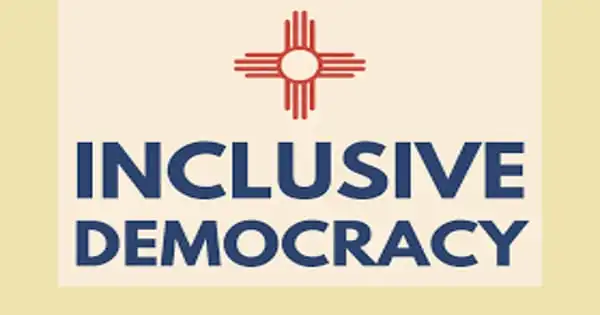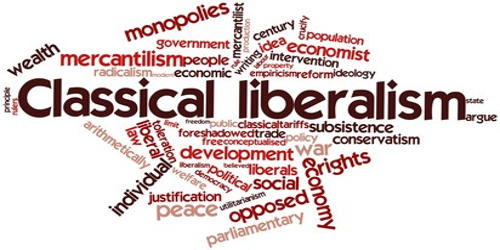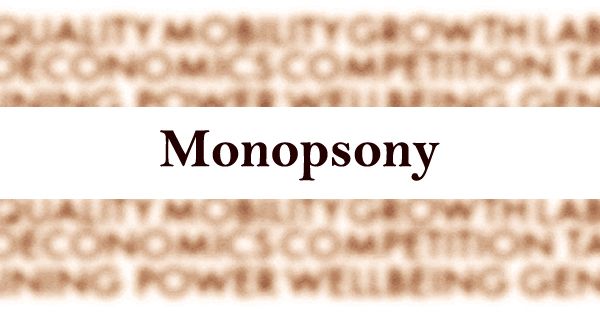Inclusive democracy entails the participation of all citizens in policy formulation in order to include all citizens in the mainstream of politics. Inclusive Democracy (ID) is a project that seeks direct democracy, economic democracy in a stateless, moneyless, and marketless economy, self-management (socioeconomic democracy), and ecological democracy. Building inclusive, vibrant democracies are dependent on all citizens actively participating in public life.
The classical definition of democracy expresses it in terms of direct political democracy, economic democracy, social democracy, and ecological democracy. In a nutshell, inclusive democracy is a social organization that re-integrates society with the economy, politics, and nature. The concept of inclusive democracy stems from a synthesis of two major historical traditions, classical democracy, and socialism, but it also includes radical green, feminist, and liberation movements in the South.
Canada believes that inclusive governance is essential for long-term sustainable development. Governance is inclusive when it effectively serves and engages all people; when it considers gender and other aspects of personal identity; and when institutions, policies, processes, and services are accessible, accountable, and responsive to all members of society. Governance is inclusive when it effectively serves and engages all people; when it considers gender and other aspects of personal identity; and when institutions, policies, processes, and services are accessible, accountable, and responsive to all members of society.
Governance influences how states deal with complicated issues including inequality, urbanization, migration, violence, natural resources, and climate change. Fostering more inclusive governance contributes to ensuring that Canada’s responses to these challenges, at all levels, leave no one behind.
The theoretical project of Inclusive Democracy—as distinguished from the political project on which the ID movement is based—emerged from the work of Greek-born political philosopher, economist, activist, and former academic Takis Fotopoulos, in the book Towards An Inclusive Democracy, and was further developed by him and other writers in the journal Democracy & Nature and its successor The International Journal of Inclusive Democracy, an electronic journal published by the International Network for Inclusive Democracy.
In other words, the theoretical project of ID is a social transformation project arising in Political Philosophy. On the other hand, the ID political project (like any other political project for social liberation) is a project arising in the history of social struggle (e.g., along with the socialist movement, autonomist movement, classical (direct) democracy movement, and so on).
Towards an Inclusive Democracy, according to Arran Gare, “offers a powerful new explanation of the history and destructive dynamics of the market, as well as an inspirational new vision of the future in place of both neoliberalism and existing forms of socialism.” According to David Freeman, Fotopoulos’ approach in that book “is not explicitly anarchism, but anarchism appears to be the formal category within which he works, given his dedication to direct democracy, municipalism, and the eradication of state, money, and market economy.”
Governance and gender equality are both founded on societal power dynamics. Power dynamics can have a positive or negative impact on human rights, decision-making involvement, access to and control over land and resources, and opportunities for all people. Governance is primarily concerned with the type of society that individuals wish to build. It is about how power is wielded and resources are distributed among various groups in society.
















